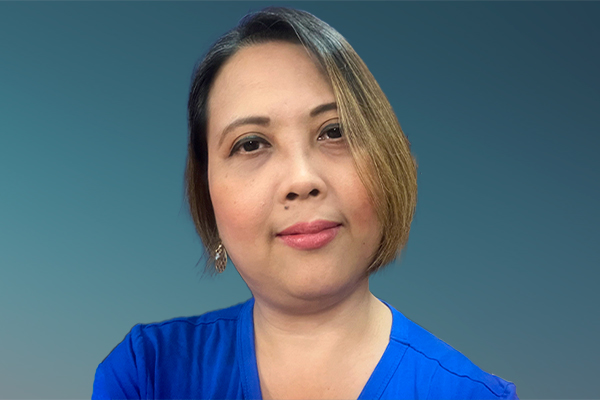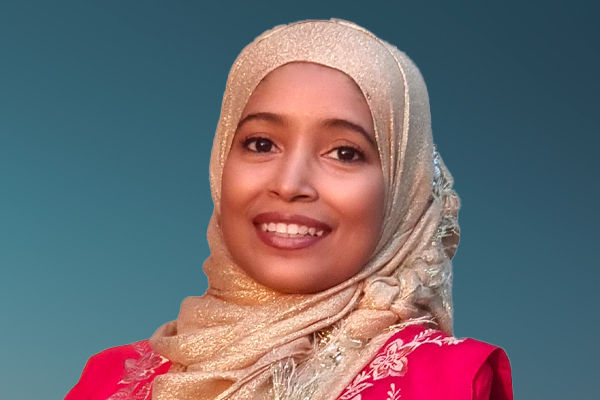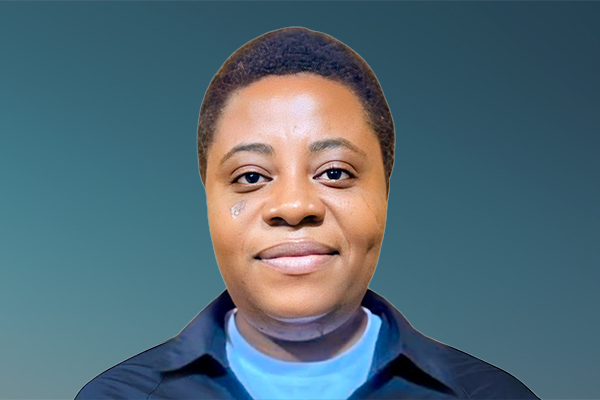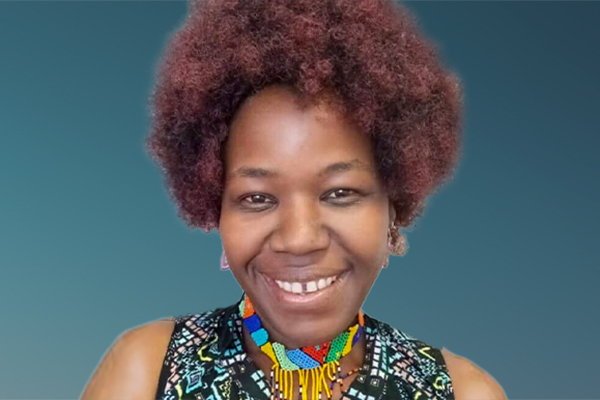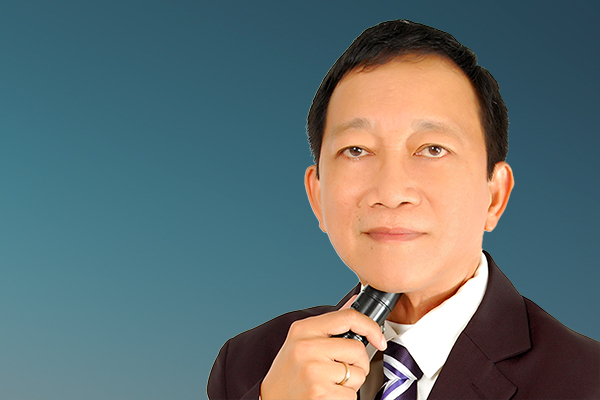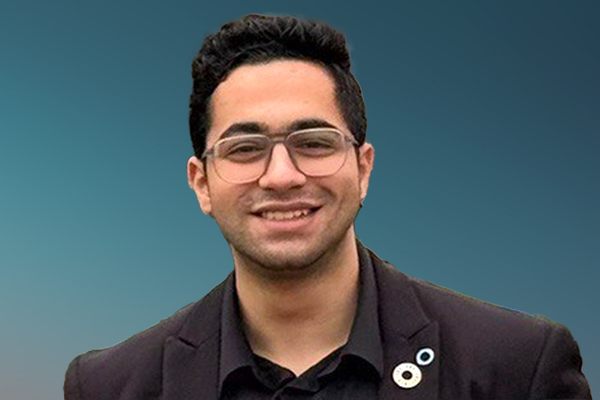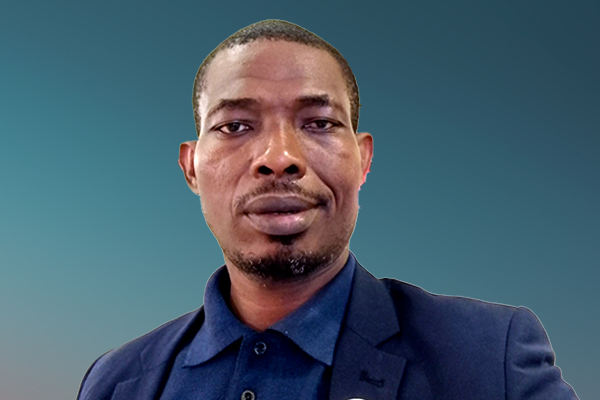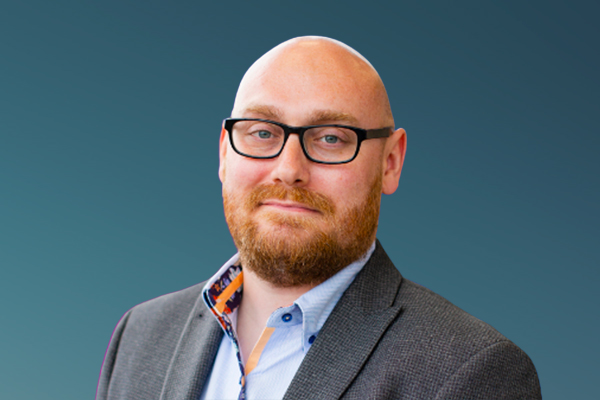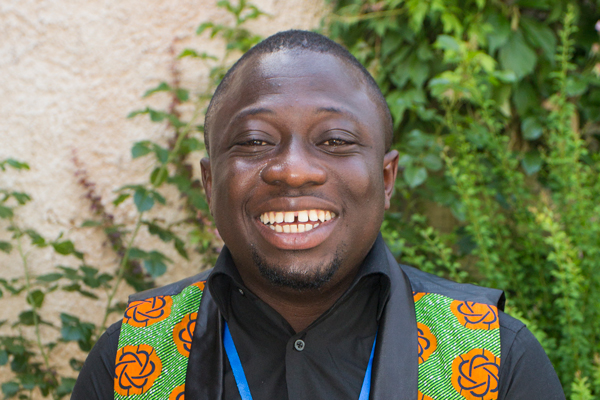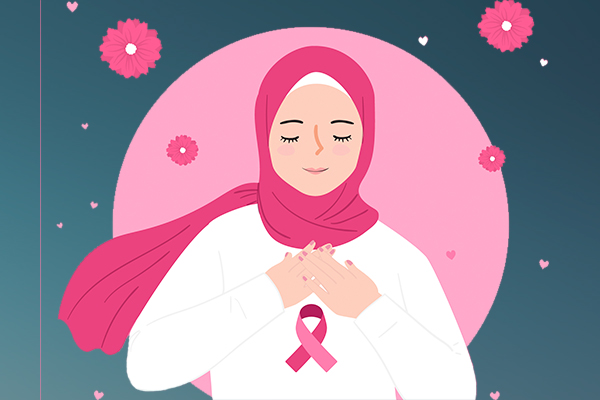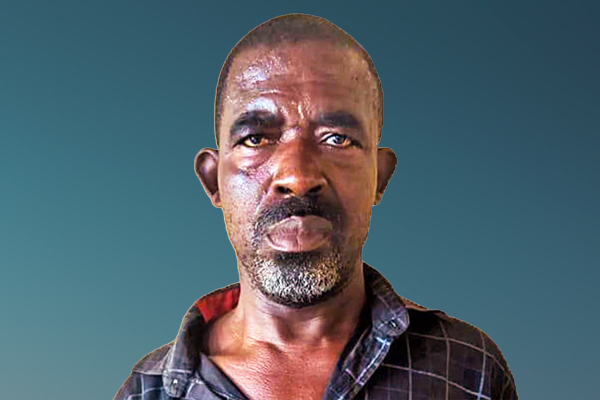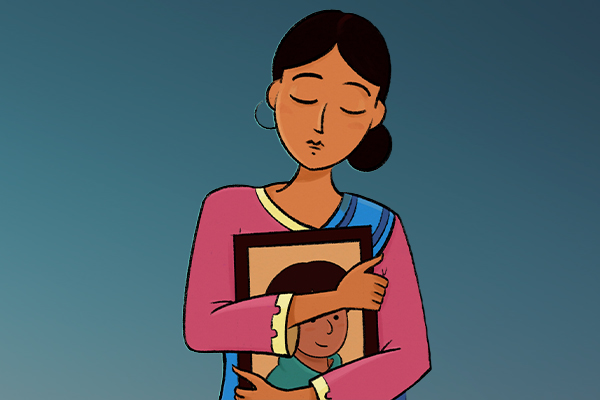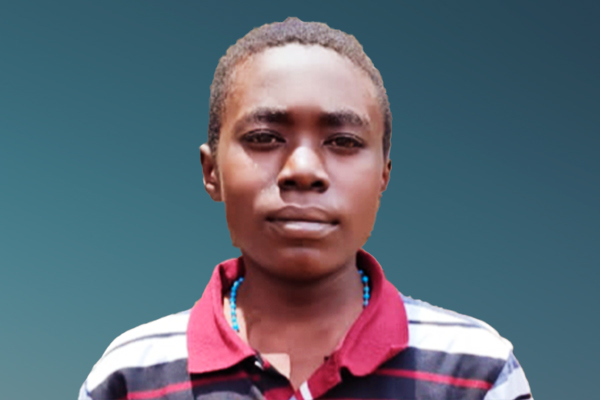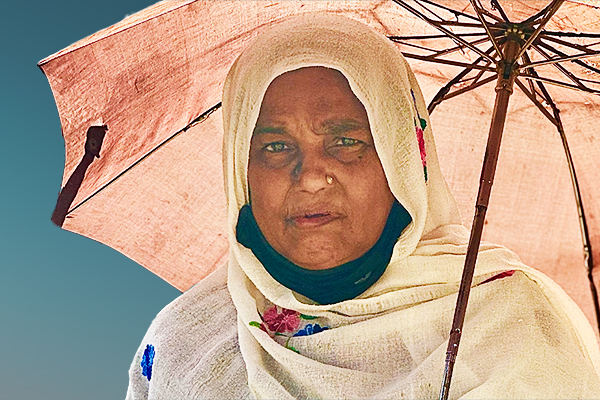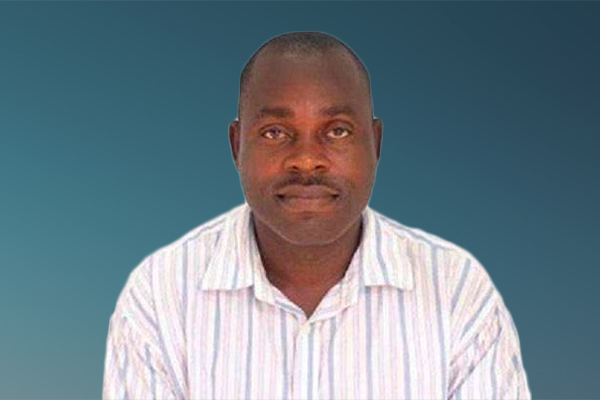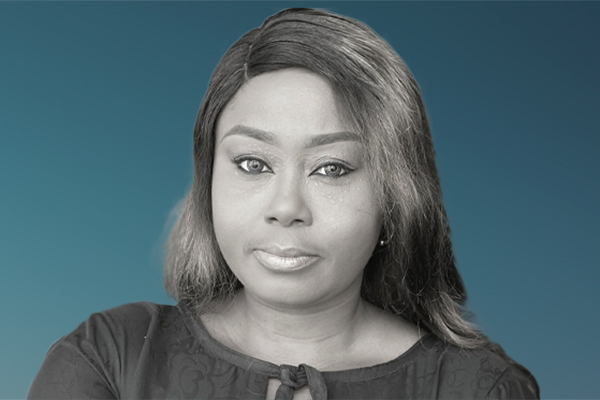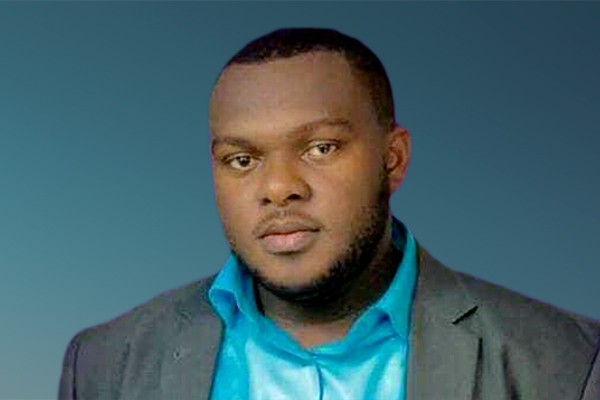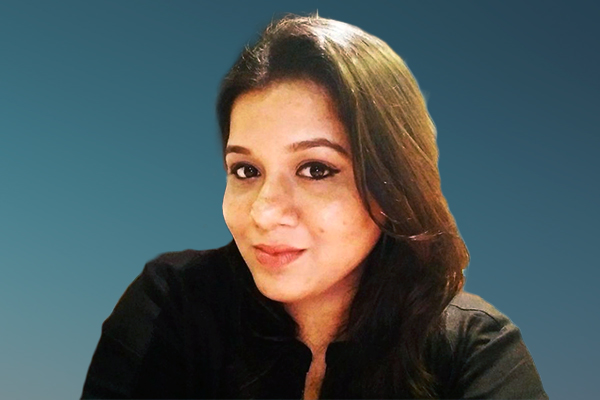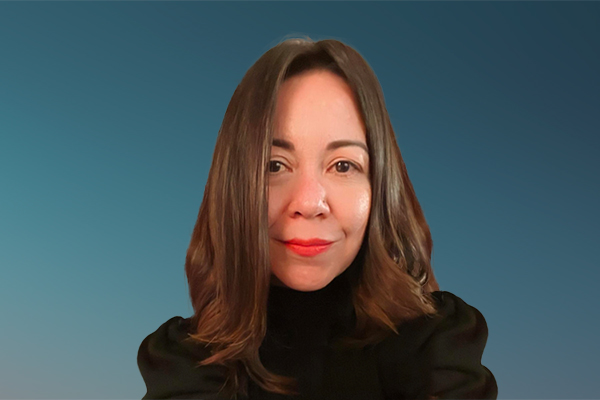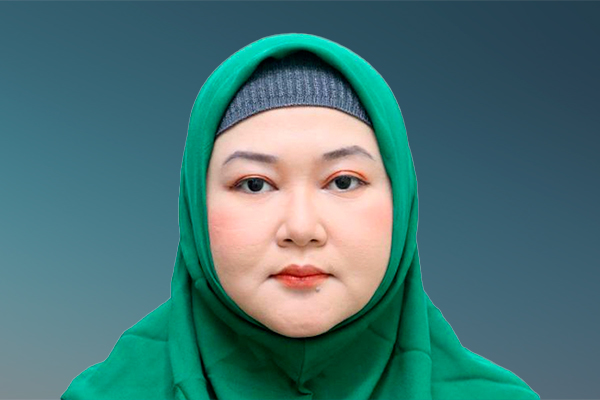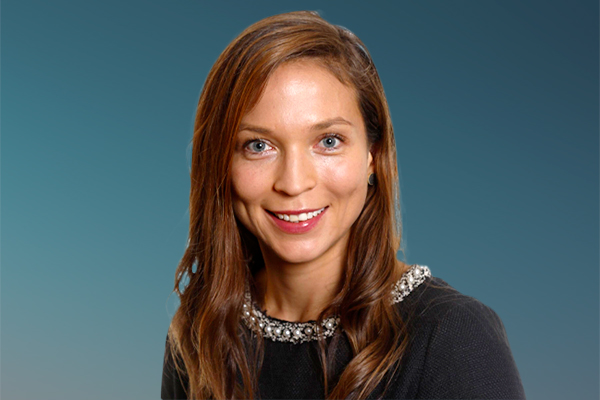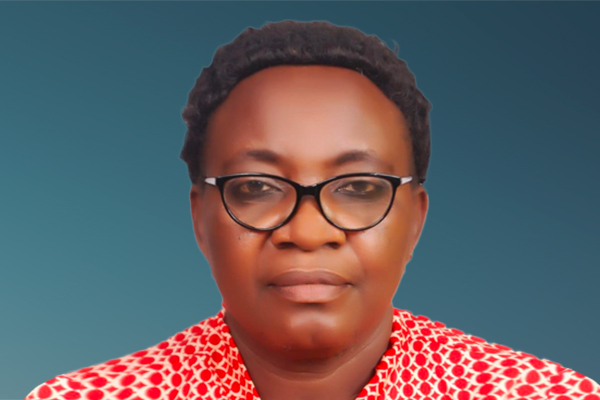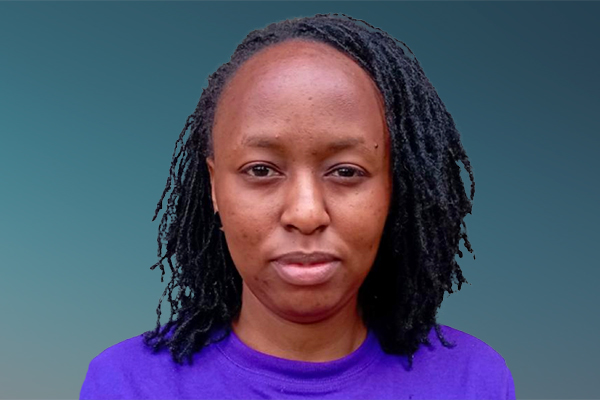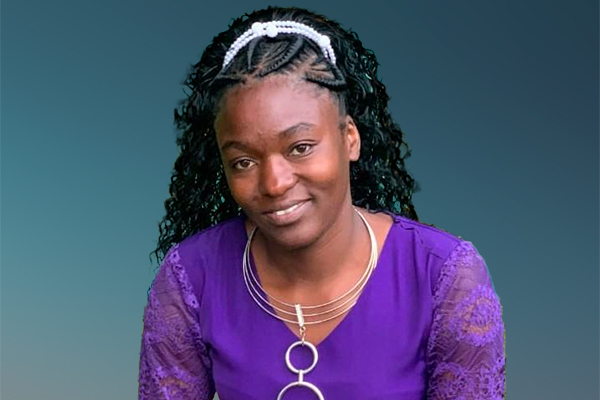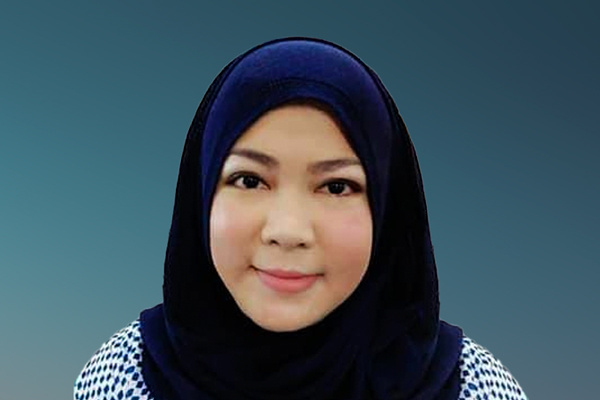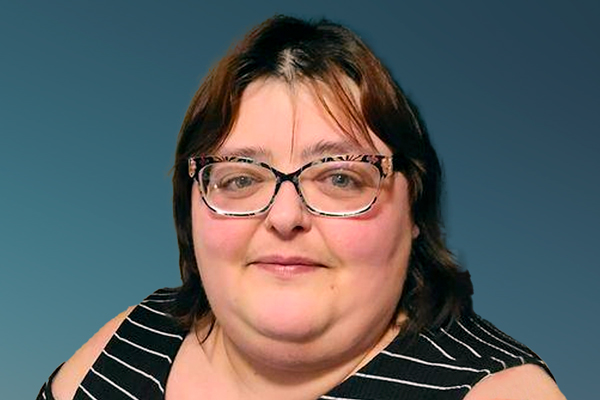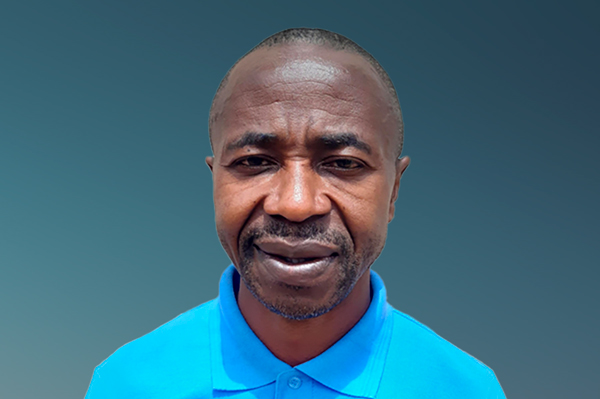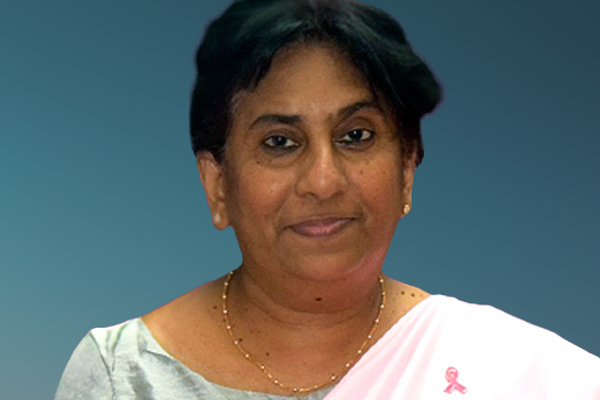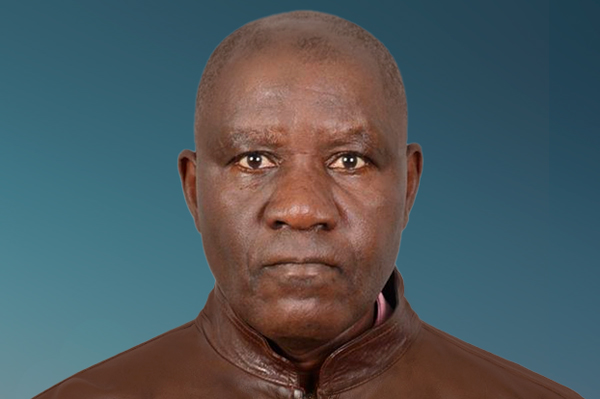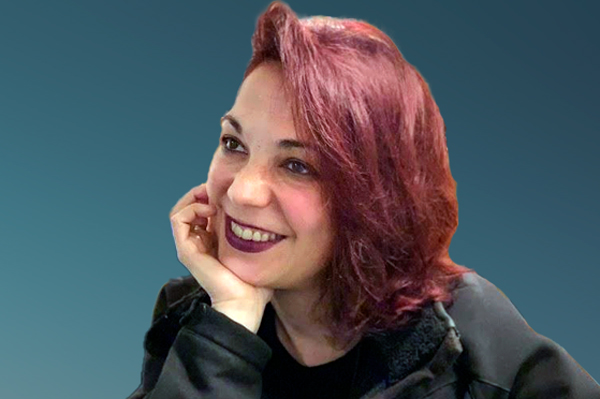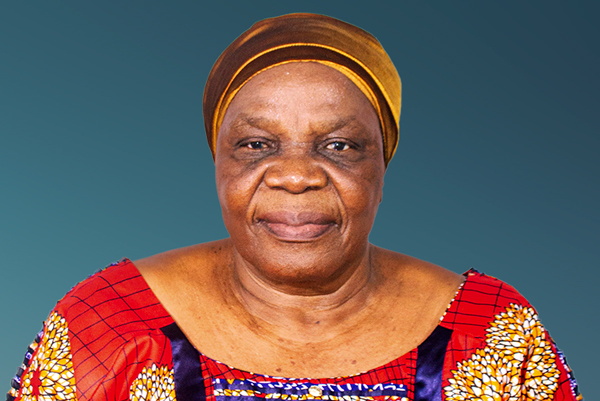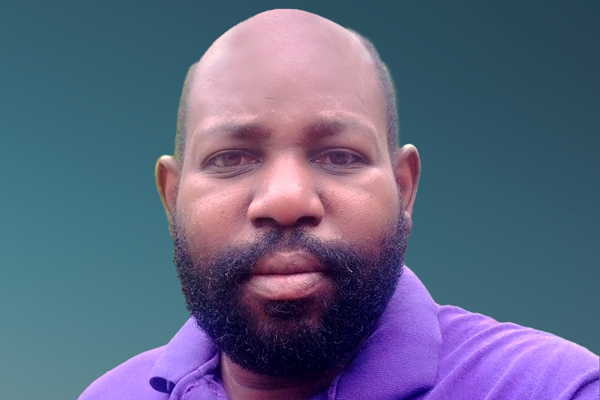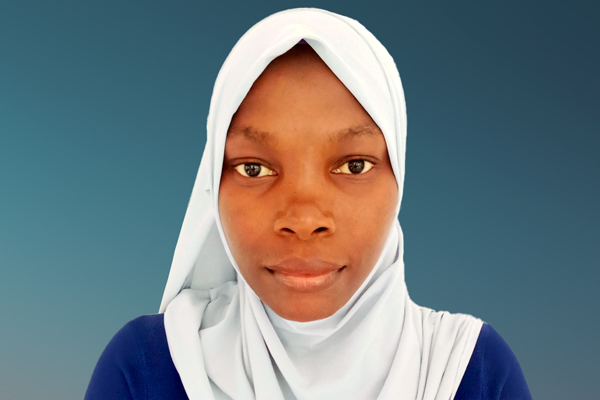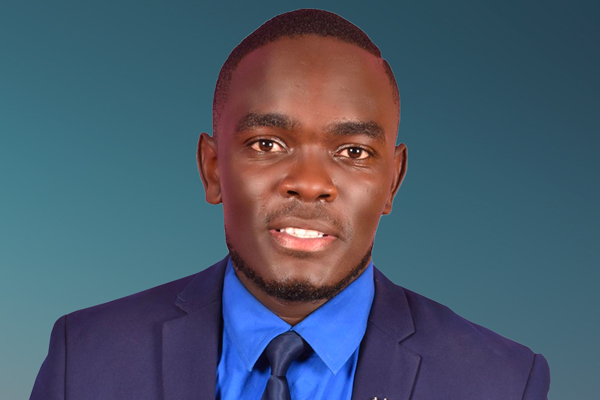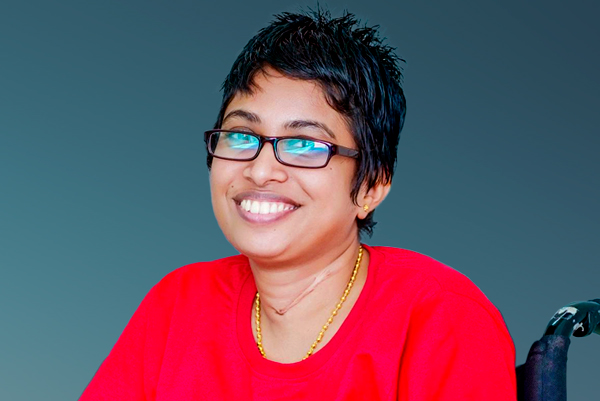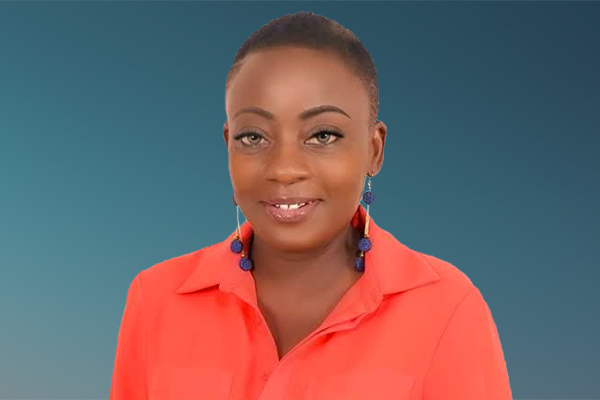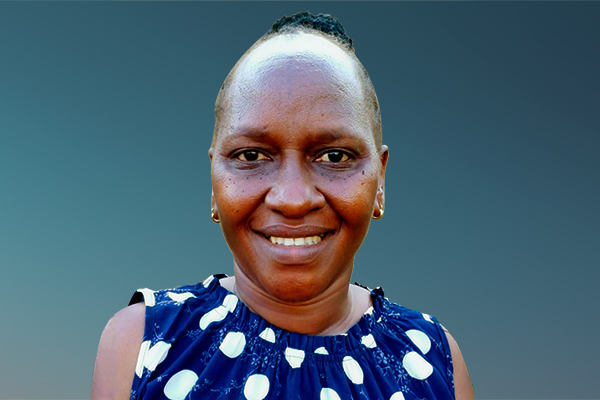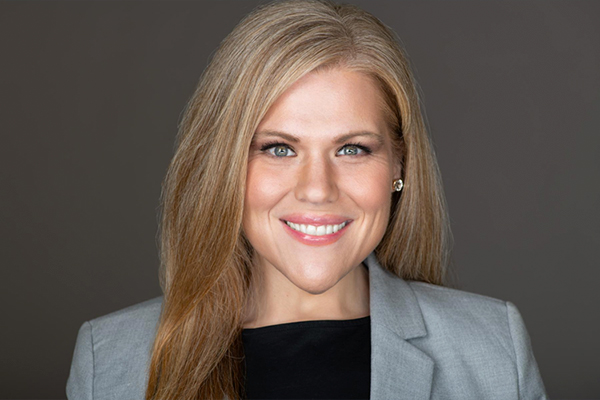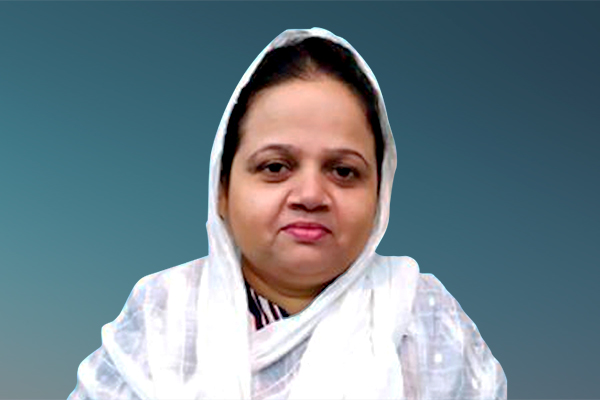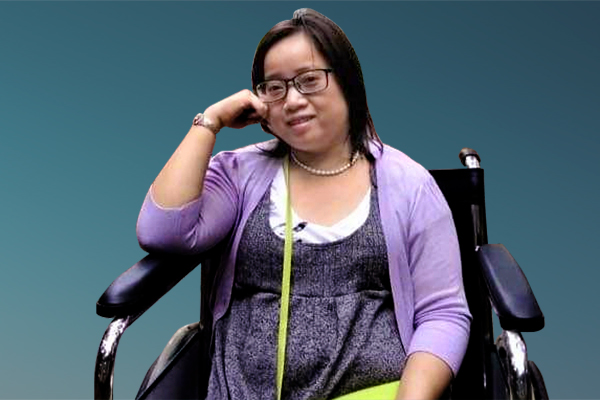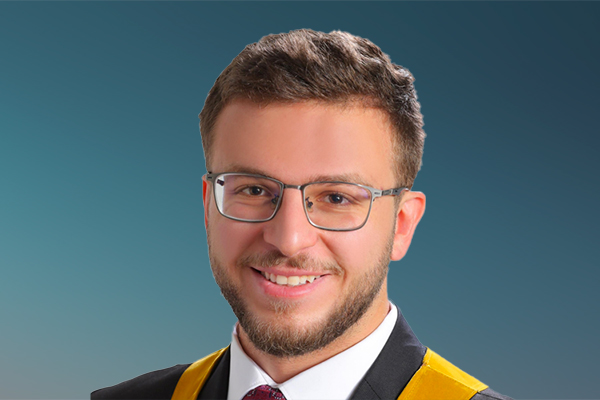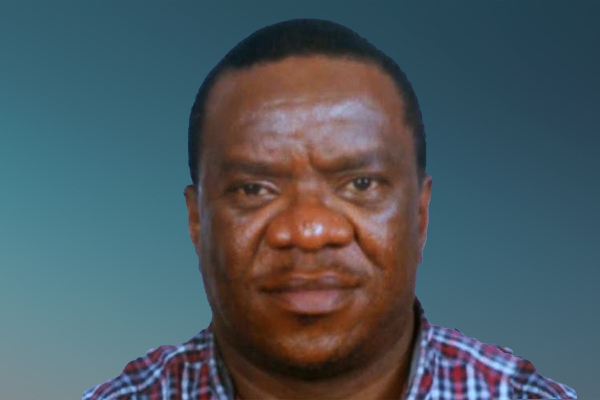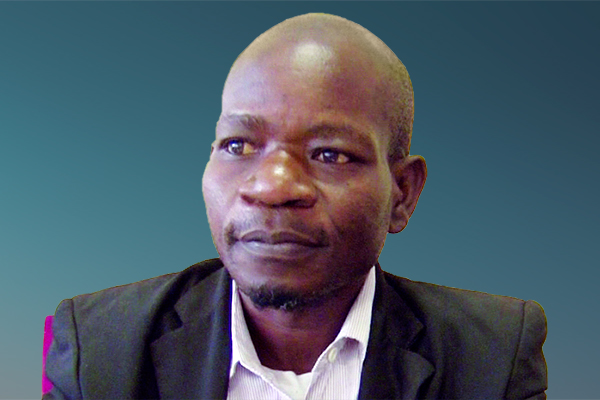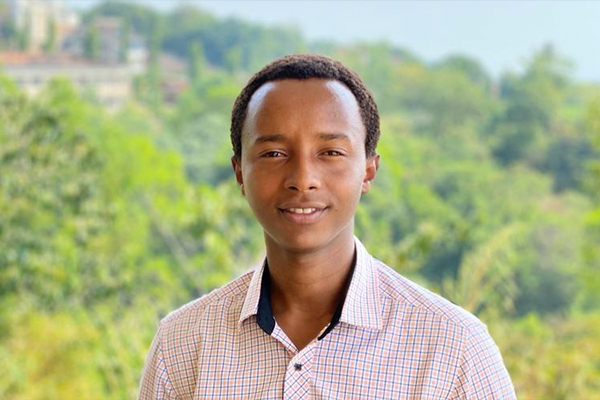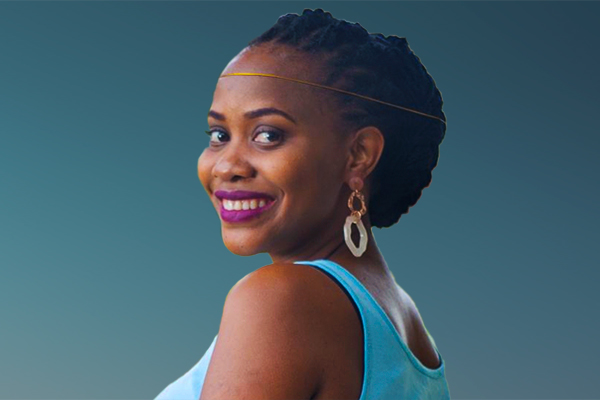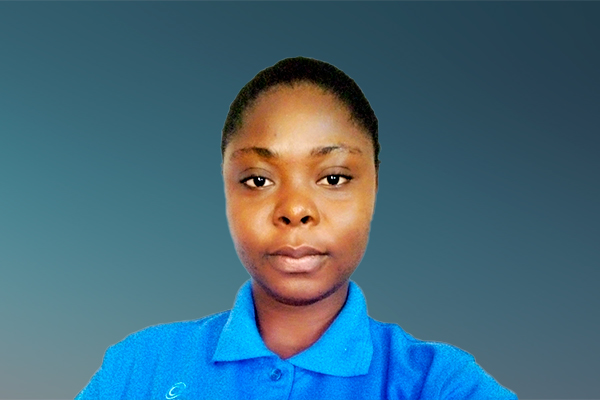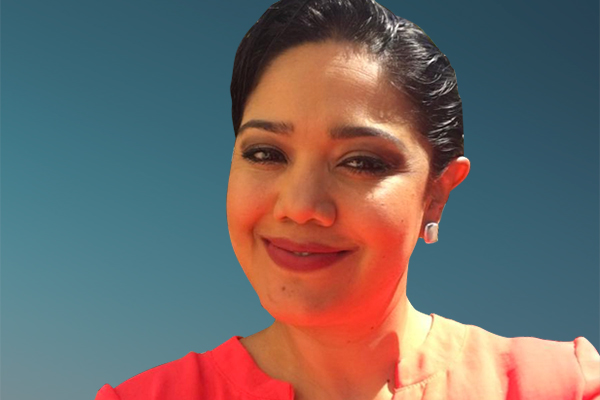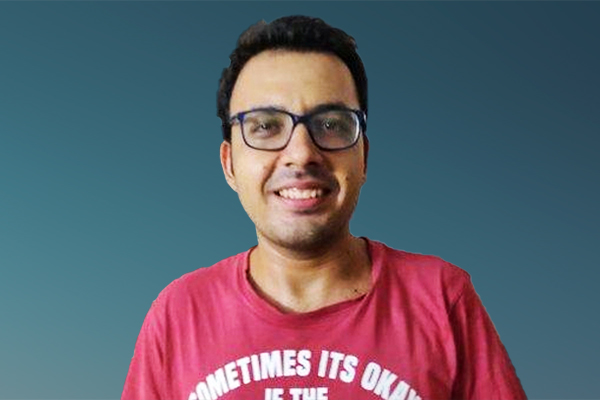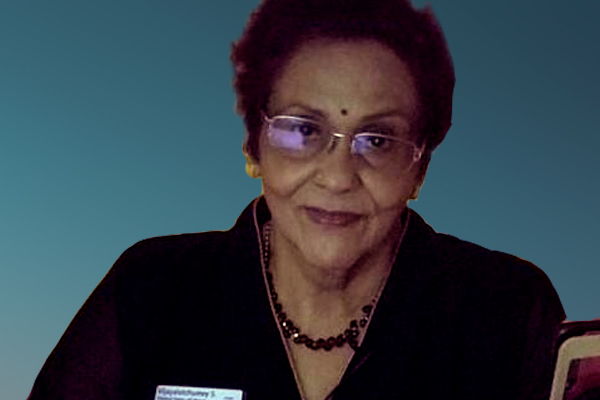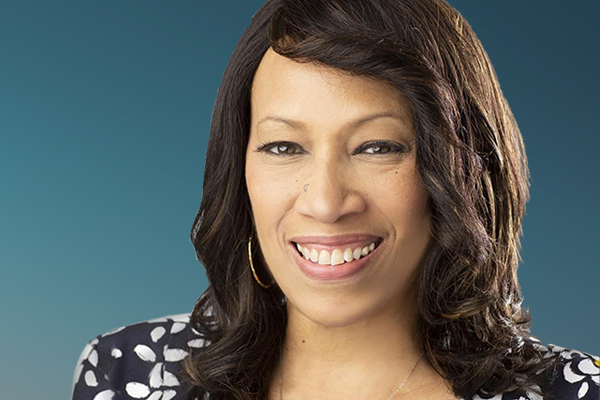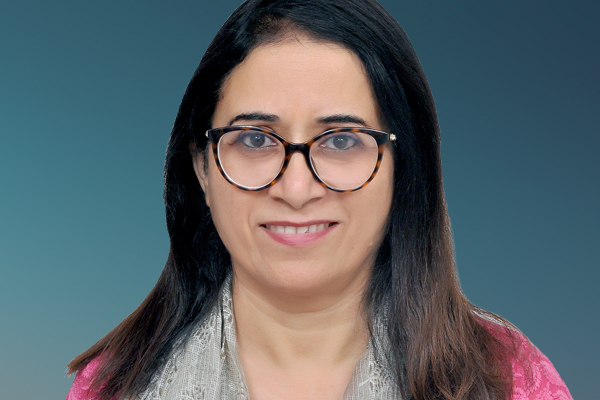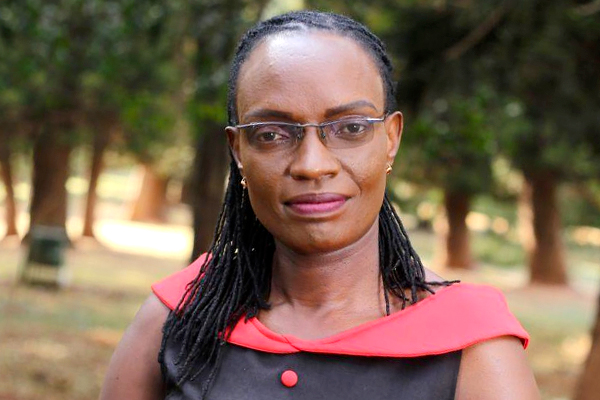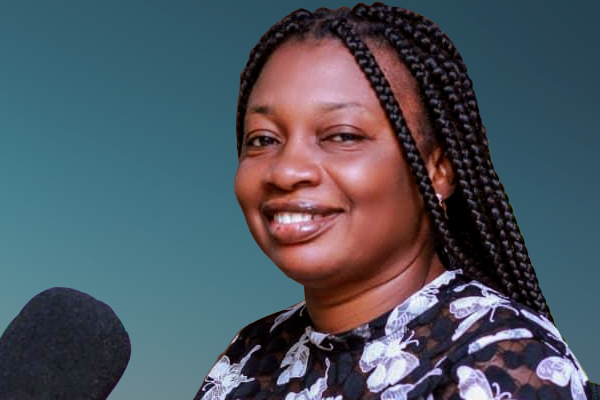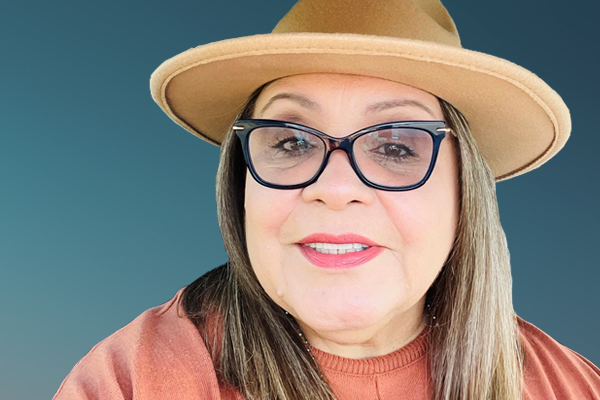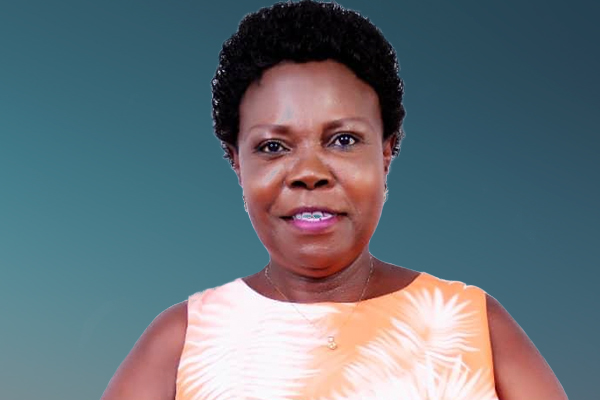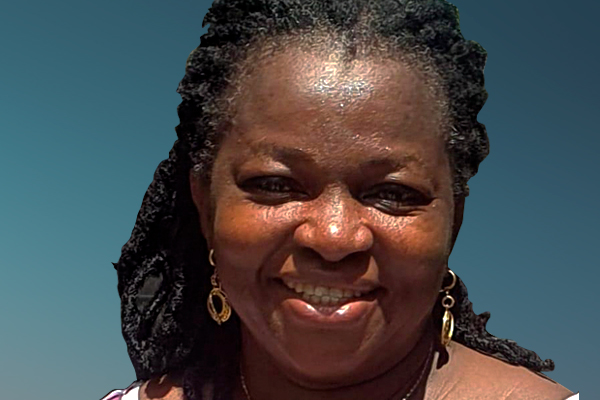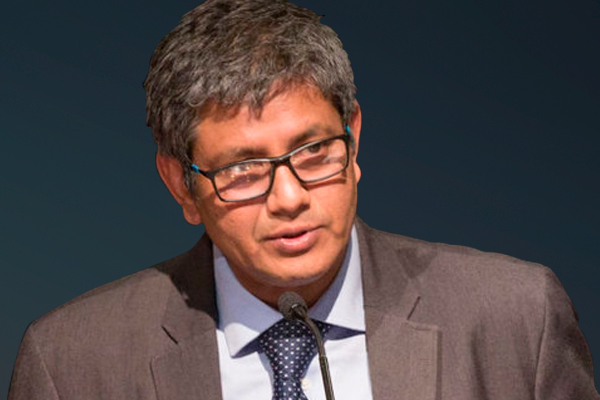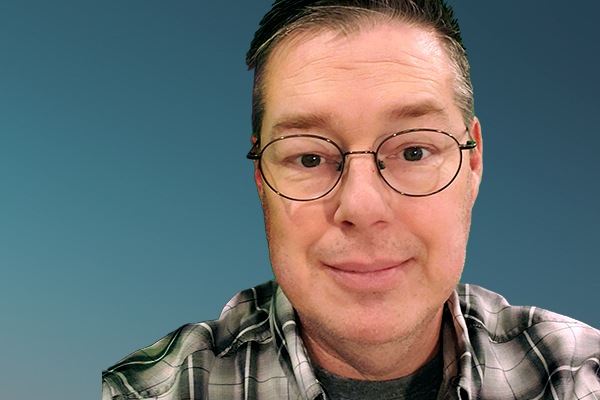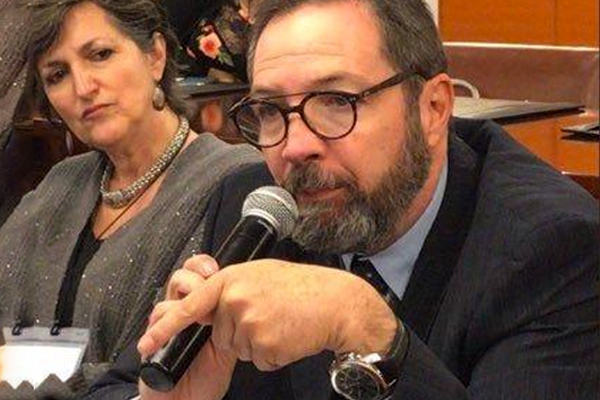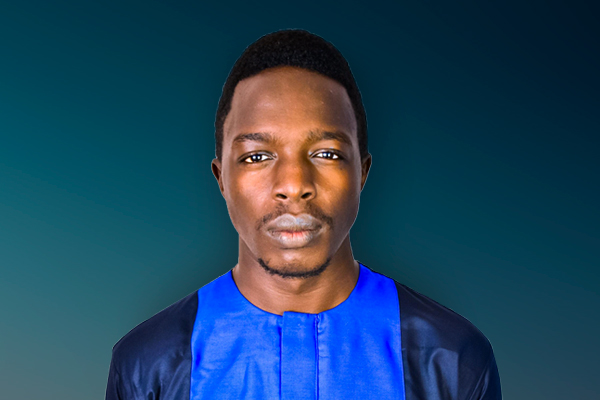My name is Maryanne Njuguna. I am from Nairobi, Kenya. I am living with Narcolepsy Type 1. Narcolepsy is a chronic neurological sleep disorder that affects the brain's ability to control sleep and wake patterns, thus affecting my ability to stay awake for an extended period of time during the day.
I am a mom, computer science student, and a Narcolepsy patient advocate. I would like my diary to shed more light on the importance of quality restorative sleep, genetic counselling, and testing for NCDs and rare diseases. I'd like to share how late diagnosis and treatment interventions can rob people living with NCDs of the probability of leading full lives that are free of the devastating financial hardship that can come with NCD care.
12 July 2022
Narcolepsy Neurological Disorder: My story
Narcolepsy is a chronic neurological sleep disorder that is characterized by the brain’s inability to regulate sleep-wake cycles. It is thought to be caused by an immune system problem where there’s a lack or a deficiency of the brain chemical hypocretin (also known as orexin), which regulates wakefulness. Symptoms of narcolepsy include excessive daytime sleepiness and muscle weakness with laughter and hallucinations around sleep, and sleep paralysis. In 2009 at age 19, I found out that the unusual sleep patterns I was struggling with for almost 5 years were narcolepsy, a rare condition that doctors knew little about. This explained the misdiagnoses and wrong treatment I went through.
I’d been exposed to antihistamines and antibiotics from an early age to treat allergic conjunctivitis and chest infections, which the doctor suggested might have contributed to narcolepsy. However, there was no way to prove this as studies have attributed a range of risk factors to narcolepsy, including genetic inheritance, hormonal changes, major psychological stress, sudden changes in sleep patterns, infections like swine flu or streptococcal infection, or even other NCDs.
Little is known about preventing narcolepsy, however, prevention measures such as early detection, through genetic testing, and awareness can reduce the risk of developing co-morbidities and improve disease management. Many people with narcolepsy gain weight as a result of inactivity and sleepiness. Narcolepsy is also linked to high blood pressure, high cholesterol, and heart disease. To counter this, I exercise regularly and avoid processed food and soft drinks. I have a low-carbohydrate diet, incorporate fresh herbs and spices in my meals and drink a lot of water during the day. I avoid coffee in contrast to what other people who are unfamiliar with narcolepsy advise me to drink. This is because coffee tends to intensify my sleep attacks.
I’ve been out of treatment due to the high cost associated with narcolepsy medication. Currently, I manage by taking regular naps during the day and raising awareness among my community to make necessary adjustments to be able to perform better.
In recent times, I’ve seen an increase in unhealthy foods advertisements. For me, it’s heartbreaking that these advertisements have made their way into kids’ television channels. These brands are bold, in the sense that they sponsor kids’ activities and offer goodie bags to children, despite the long-term impacts of their products.
I firmly believe that NCD prevention is not an individual’s responsibility but a collective one, from policymakers, religious leaders, and healthcare professionals to your local store; everyone.
28 March 2023
Prioritization of research and treatment centers to promote timely diagnosis for people living with rare diseases
My challenges with sleep started when I was 14 and only got correctly diagnosed at the age of 19. This was after I had given up on getting answers about why I was falling asleep involuntarily most of the time. It was only because I spoke out from the fear of being punished at school during a motivational talk. The motivational speaker, who also happened to be a psychiatrist, was able to direct me to help after my brief explanation of why I was dozing off during the session.
After I was unable to continue with my treatment, I started researching narcolepsy and posting my findings on my social media pages as a way of educating my friends about why I was always sleepy. Little did I know I would be able to connect with other people living with narcolepsy across our country and that was how Narcolepsy Africa Foundation (NAF) was born. We have been able to raise narcolepsy awareness across the country and mainly advocate for students who are stigmatized at school, in families and community.
Ivy Ruguru is a first-year University student clinically diagnosed with narcolepsy at the age of 15, this was after two years of living with the symptoms. Her mum had learned about narcolepsy in one of our narcolepsy awareness forums. When Ivy’s diagnosis was confirmed to be narcolepsy, we were able to educate her teachers to create a supportive environment in her school. NAF also reached out to Kenya National Examinations Council, so that Ivy and others like her could be registered as students living with special needs in order to be compensated with time during their examinations when a sleep attack appears. Timely diagnosis, therefore, can help provide equal opportunities to those living with Narcolepsy or any other NCD.
We have a lot of unknowns when it comes to the prevention of narcolepsy and other rare conditions. As a person living with narcolepsy type 1 which is a rare disease, I would like to urge decision makers to prioritize research and treatment centers, for both sleep and other rare conditions, affordability, and availability of treatment including insurance. There is a need to make reasonable adjustments in the workplace and school to enhance productivity and the ability to describe how narcolepsy affects our working and learning experience so that we can ask for support with confidence and without fear of discrimination and dismissal.
28 March 2023
Action points for the Kenyan Government to Prioritize the Management of Rare Diseases
Living with narcolepsy is a minute-by-minute journey because it is not guaranteed you’ll be fully awake the next minute, especially without medication. Late diagnosis and wrong treatment which can lead to severe irreversible, debilitating, or life-threatening consequences also gravely affect us directly. Narcolepsy is linked to serious co-morbidities, both physical and mental.
We have to face financial hardships on account of being excluded from most private medical insurance packages or must pay very high premiums with low limits because we have a pre-existing NCD.
It is so heart-wrenching when a doctor dismisses our symptoms and turns us away because they think we are overreacting or faking our symptoms. Just like other rare diseases, narcolepsy is a broad-spectrum disorder that has no cure. The main treatment is pharmacological; whereas no single treatment is fully effective in eliminating excessive daytime sleepiness and cataplexy. Medications are not readily available in our country and are only stocked by a few pharmacies. I call on the government to:
- Incorporate diagnosis and holistic treatment of narcolepsy and all rare diseases within UHC. Promote early diagnosis by thoroughly training medical staff and having rare conditions champions in each facility to aid with early diagnosis and access to information about the condition. Invest in more sleep clinics and sleep tests like Multiple Sleep Latency Test, covered by insurance, UHC and NHIF. Encourage more doctors to specialize in neurology and sleep science.
- Start raising awareness of rare conditions and sleep disorders that already exist, both in public and among health practitioners. We need the government to set aside funds for research and media coverage that correctly describes the causes and impacts of narcolepsy and other rare conditions. Protect the rights of students living with narcolepsy to access quality education.
- Schools and communities need to be made aware of the symptoms so that they can make necessary accommodations and adjustments to support those living with narcolepsy instead of being chased away. This support program maximizes learning whilst maintaining a positive social life thereby reducing risk of secondary complications.
- Popularize genetic counseling and newborn screening, make it pocket-friendly, and accessible to all to promote early diagnosis and treatment interventions for people living with rare conditions. This would in turn enable planning of the possible outcome for both the family and key health stakeholders including the Ministry of Health.
NCD Diaries
Take it a minute at a time. Develop a gratitude mentality. Ask for Revelation, Strength, and Guidance from the Lord.
Maryanne Njuguna, lived experience of narcolepsy, Kenya
About NCD DIARIES
The NCD Diaries use rich and immersive multimedia approaches to share lived experiences to drive change, using a public narrative framework.

